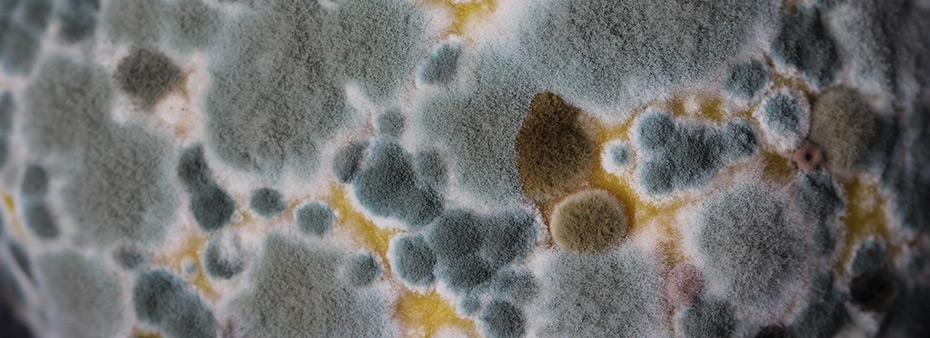When looking at chronic inflammatory and autoimmune diseases, it is quite clear that environment is a key factor in the initiation of these diseases. Some studies suggest that environmental factors account for up to 70% of all autoimmune diseases.1 Collectively, we discuss these cumulative environmental exposures as the exposome.
The Impact of Environment on Health
The exposome represents a nearly endless list, including foods, chemicals and pathogens. Our diet represents the most important portion of the exposome discussion because we eat multiple times a day and we have significant control over what we consume. An educated and motivated patient can change this portion of their exposome relatively easily and thus have a significant impact on the state of their immune system.
Indicators of Mold and Mycotoxin Exposure
However, not all inflammatory issues are dietary in nature, and a dive into the chemical or pathogen side of the exposome will be necessary to successfully help some patients. Mold and mycotoxin exposure is unfortunately common, and clusters of symptoms indicate mold and mycotoxin illness. Typically, these patients will suffer from chronic nasal congestion, headaches, joint and muscle pain, fatigue, and constipation.
The Effects of Toxic Mold Exposure
Toxic mold exposure can have a significant impact on the immune system. Mold species release mycotoxins as part of their defense against the immune system’s attempts to clear them. Mycotoxins are neuroinflammatory and immunosuppressive.2,3 They can deplete B-cell and T-cell responses, resulting in suppressed antibody responses and macrophage clearance of all pathogens.
This essentially means that outside the direct impact of mycotoxins, they also open the door for other pathogens to invade the internal environment when they otherwise would not. Often seen downstream, dysbiotic issues following mycotoxin exposure are fungal overgrowths in the small intestine, commonly described as SIFO.
The Bottom Line
Many tools can be used to determine if an individual is suffering from toxic mold exposure, including urine mycotoxin testing, antibodies to mold and mycotoxin testing, and organic acid tests. Identifying the source of the exposure and eliminating it remains the most important part of treating these patients. Both EMMA and ERMI tests are useful in analyzing home and office environments for those sources.

Elroy Vojdani, MD is the founder of Regenera Medical, a boutique Functional Medicine practice in Los Angeles, California. Upon graduating medical school from the University of Southern California and completing his residency at USC Keck School of Medicine, Dr. Vojdani began his career as an interventional radiologist, diagnosing and treating complex, late-stage cancers and other extremely debilitating diseases. While this experience gave him unique insight into hospital-based medicine, his desire to stop disease before it reached the point of becoming a chronic illness remained at the core of his desire to practice medicine. Today, he continues in his father’s footsteps–pioneering to find answers to medical conditions that go undiagnosed and untreated.
Dr. Vojdani has co-authored more than 20 articles in the scientific literature and continues an integral role in research related to autoimmune, neurodegenerative and autoinflammatory conditions. He is also the co-author of a medical textbook, Food Associated Autoimmunity.
References
- Khan MF, Wang H. Environmental Exposures and Autoimmune Diseases: Contribution of Gut Microbiome. Front Immunol. 2020;10:3094. Published 2020 Jan 10. doi:10.3389/fimmu.2019.03094
- Doi K, Uetsuka K. Mechanisms of mycotoxin-induced neurotoxicity through oxidative stress-associated pathways. Int J Mol Sci. 2011;12(8):5213-5237. doi:10.3390/ijms12085213
- Liew WP, Mohd-Redzwan S. Mycotoxin: Its Impact on Gut Health and Microbiota. Front Cell Infect Microbiol. 2018;8:60. Published 2018 Feb 26. doi:10.3389/fcimb.2018.00060



